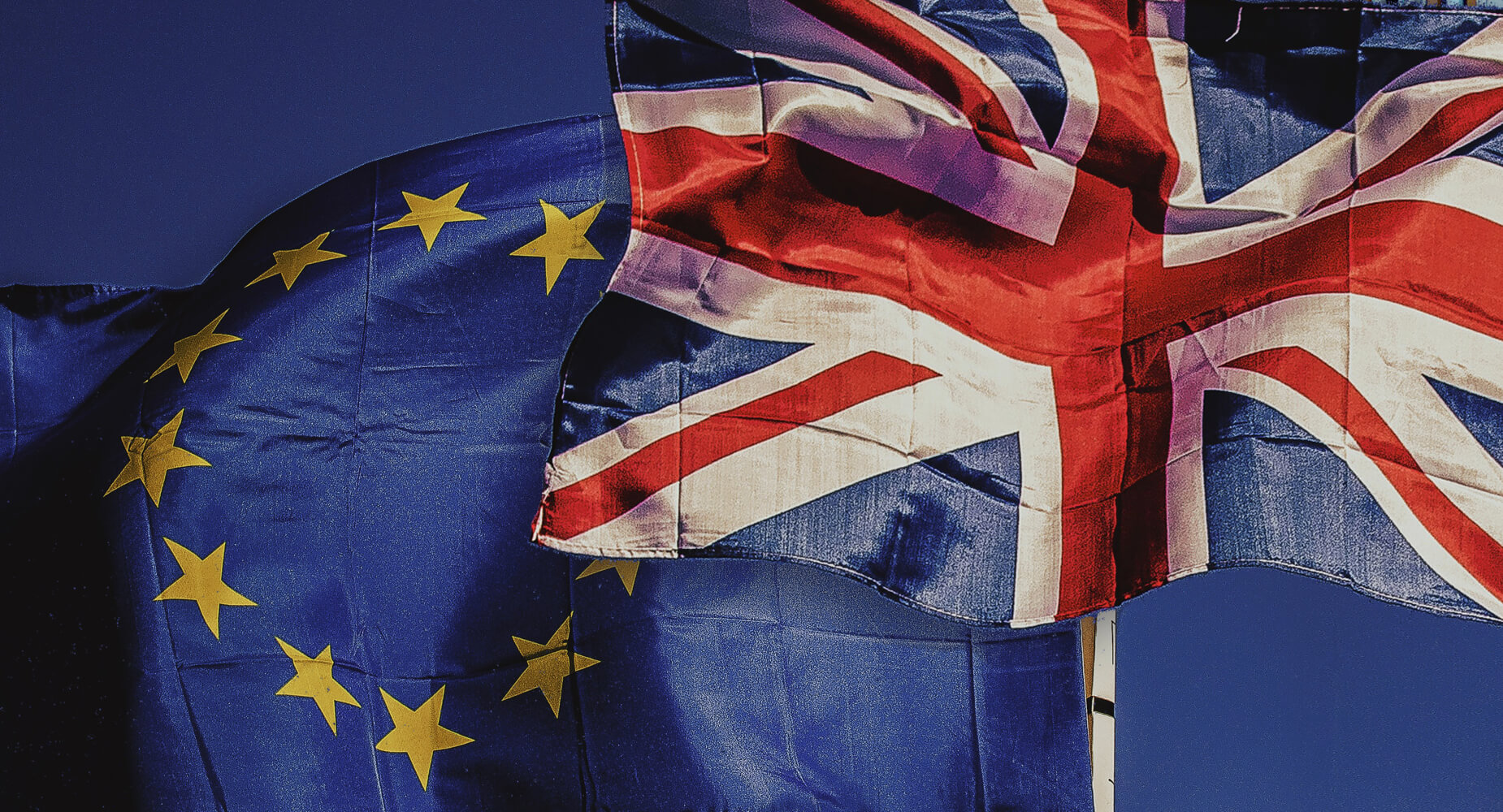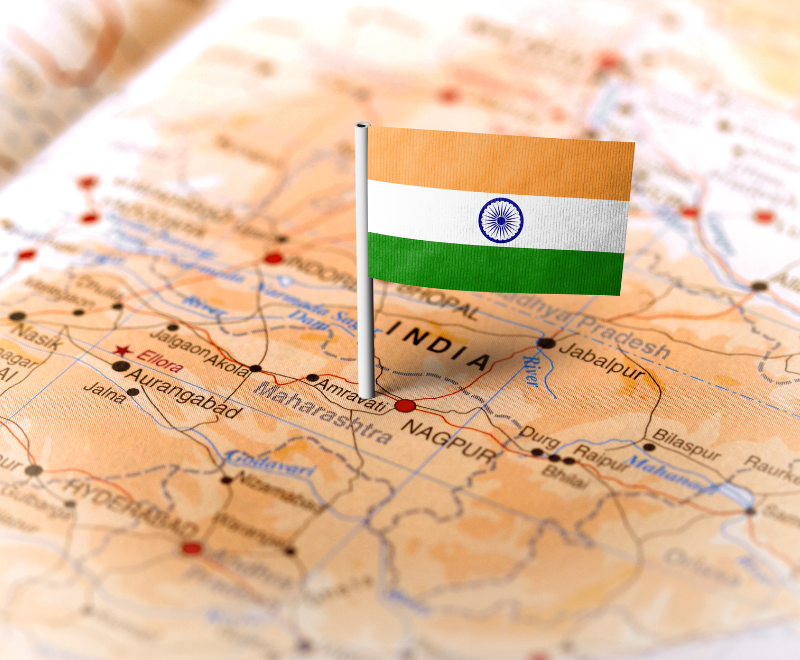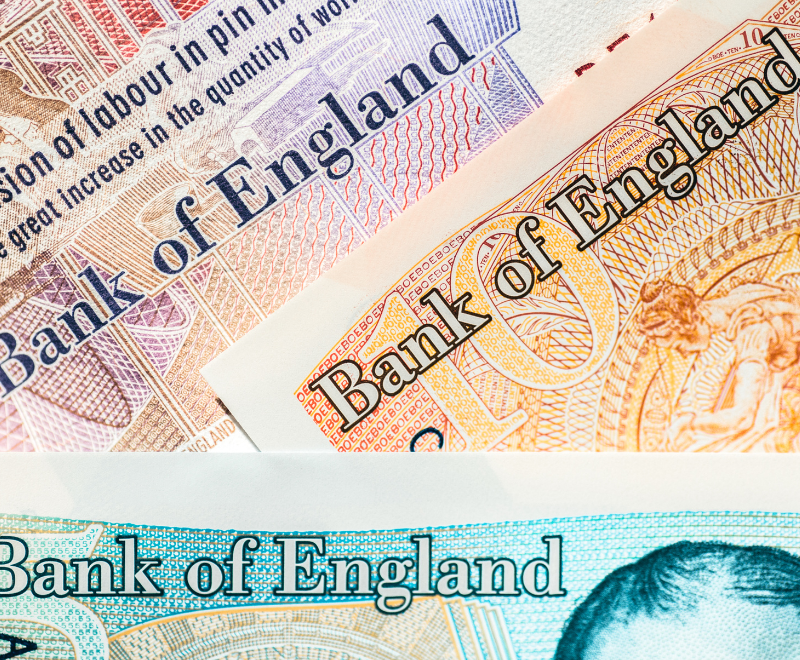As Britain goes to the polls to cast their vote in the EU Referendum, Pagefield Founding Partner and Brexiteer, Mark Gallagher, and Pagefield Advisory Board Chairman and Remainer, Sir Christopher Meyer, give their take on their opponent’s campaigns.
- Pagefield Founding Partner, Mark Gallagher analyses the Remain Campaign
- Pagefield Advisory Board Chairman, Sir Christopher Meyer, analyses the Leave Campaign
1. First of all, can you summarise your respective campaigns in three words?
MG: “Brexit is risky” is the best summary for the Remain Campaign.
SCM: I think the Leave Campaign can be summed up with “Fantasy and falsehood”.
2. Who do you think are the individual winners and losers of the campaigns and what do you think the future holds for them? Were there any ‘rising stars’?
MG: There are far more winners on the Leave side than the Remain side. That’s because Leave have had a golden opportunity to project a positive vision about an independent, free trading, outward looking, liberal democracy taking our place alongside the other 165 trading nations of the world. But if I’m stuck with finding winners in the relentless sea of negativity that was Project Fear, then I’d pick three.
First, Ruth Davidson, who I would like to see succeed David Cameron. Likeable, well researched, upbeat – the only person who sounded like she was genuinely enthusiastic about our membership of the EU – but with no commercial or other axes to grind. Outstanding.
Second, Mark Carney – the only City figure or public servant that the public were prepared to listen to and take seriously. He’s clearly a class act.
I’m biased in my third and last choice of Remain winners, because she’s a friend, former colleague and occasional client. But Carolyn Fairbairn from the CBI did very well. Cool, rational and with none of the tiresome zealotry that used to shoot out of CBI towers on matters EU. A typically well-judged and nicely calibrated performance. And she was brave enough to take on an interview with the legendary Andrew Neil, too. The losers were Cameron and Osborne for over-egging Project Fear and Corbyn for being such a reluctant Remainer that he left us all with the impression that he’s a Brexiteer. Can’t think why!
SCM: The winner in the Brexit camp for me was Michael Gove, the softly-spoken assassin with a stiletto. Loser: Boris Johnson, for his bombastic ignorance. The strident robot, Priti Patel, will be seen as a rising star. If Leave wins, the sky’s the limit for Gove/Johnson. If it loses, a Cabinet job for Gove, oblivion for Johnson – or vice versa.
3. Who do you think were the strongest media performers of the campaigns?
MG: Apart from Davidson, Carney and Fairbairn? None of them, really. Looking at the Remain campaign is looking at a relentless stream of negativity, pessimism and of course – fear. An insider told me it was the worst campaign she’s worked on – ever. And I can see her point. In fact, I have genuine sympathy for those that had to work on such a negative campaign. Quite tough stuff and I take my hat off to them.
SCM: Gove, followed by Gisela Stuart on the Leave side.
4. What do you think was the most memorable soundbite?
MG: The Remain team warning of World War Three. Laughable – but memorable.
SCM: Leave calling on voters to “take back control”.
5. How would you summarise the strategy adopted by the respective campaigns and what do you think were its main successes and shortcomings were?
MG: The strategy was simple and – if I may say so – on the money. The main challenge for Remain was pretty obvious: how do you sell a profoundly flawed, undemocratic and unloved institution to the most Eurosceptic population in the European Union? Answer: you can’t, you shouldn’t and you don’t. Remain’s chances rely instead on two things. First, casting our membership of the EU as the status quo (which we know it isn’t – status quo isn’t on the ballot) – which they have done brilliantly.
Second, ramp up the fear of uncertainty if we choose to Leave. If I’d been advising them, I’d have gone for exactly this approach, too. But they’ve executed the second part of this strategy very badly indeed. It’s all about implementation. They had a choice: deliver Project Fear with a degree of pragmatism and an even, believable tone – or do what they’ve done for the last two or three months. In choosing the latter, they have undermined their own credibility. And they’ve left the voters with the impression that Remain are insulting their intelligence.
SCM: Leave’s successes were based on their relentless focus on immigration, sovereignty and control. Shortcomings: inability to provide a number for immigration as a result of the Australian points system; or to counter Project Fear on the economy.
6. The campaign overall centred on two issues: immigration and the economy. Polls showed that voters have been torn between the two right up until the vote. How do you think the Remain and Leave campaigns could have altered their messages to increase its share of vote further?
MG: Much more restraint on the arguments around the economics of EU membership. You don’t need to be that shrill and that threatening to get your message across. And, as we have seen from the public reaction, and undermines your own credibility. Brexit Budget? Unlocking the triple lock on pensions and frightening the retired population? V counter-productive.
SCM: Leave couldn’t. It took a defective argument to the limits of the possible, but did so skilfully, ruthlessly and dishonestly (viz. Turkey).
7. What was the most memorable moment of the campaigns for you?
MG: Faisal Islam’s question to David Cameron on the PM’s first public outing in front of real live voters in the Sky News audience. “What comes first? World War Three or the global Brexit recession?” The audience laughed and laughed. Not a KPI in the campaign.
SCM: When in the BBC’s Great Debate Gisela Stuart was booed for failing to put a number on immigration following the introduction of the Australian points system.
8. What was the biggest mistake the respective campaigns made?
MG: Barack Obama and ‘back of the queue’. It was heavy handed and angered a lot of floating voters. I think our support went up three or four percentage points that week alone.
SCM: To have underestimated Ruth Davidson and not prepared for her (typical Anglo-German arrogance).
9. The Prime Minister said this referendum would settle the issue for a generation. Do you think that’s true?
MG: Yes.
SCM: You can’t kill an idea. But if the margin of victory is big, the issue is politically anaesthetised for a generation.
10. Finally, what’s your predicted result tomorrow – in percentage terms?
MG: 50.01% – for Leave. I think…
SCM: 56% – 44% for Remain.



